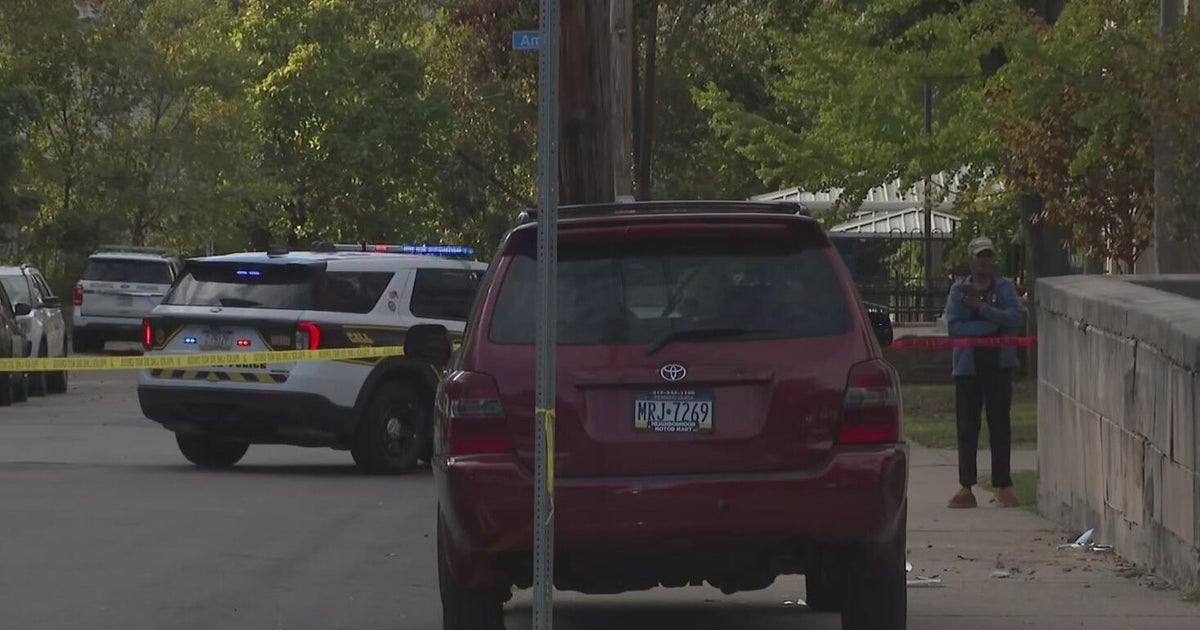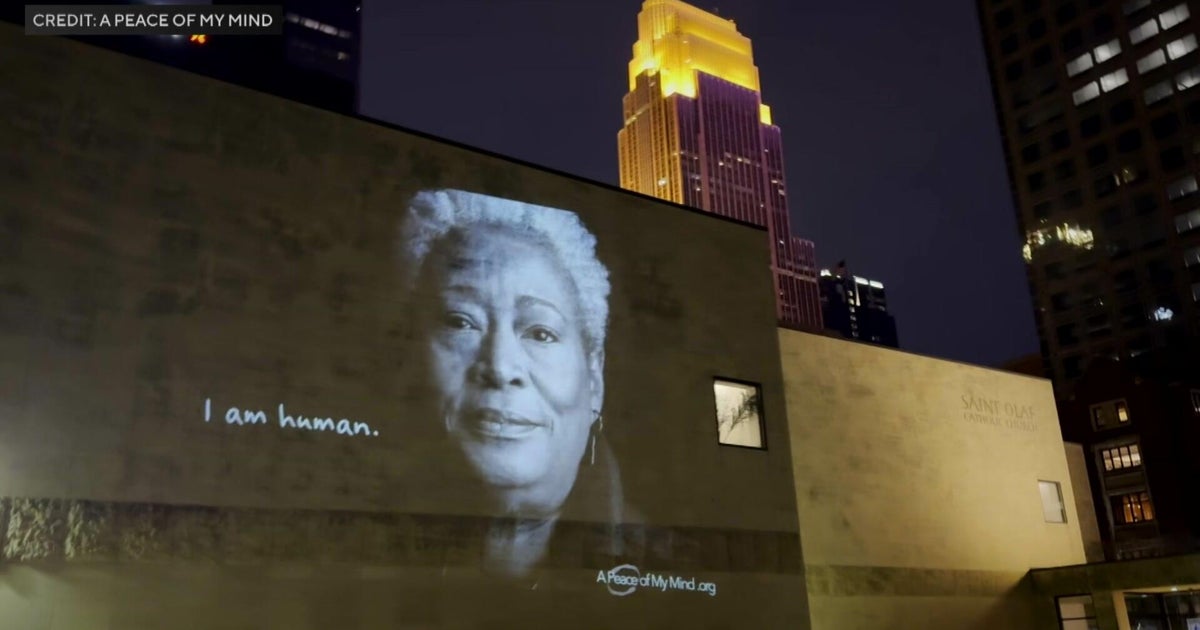Study suggests big step forward in detecting Alzheimer's disease before symptoms
PITTSBURGH (KDKA) — Researchers think they've taken a big step forward in detecting Alzheimer's disease earlier than ever.
"We know the brain changes of Alzheimer's may begin 20 years or more before symptoms actually appear," said Britany Ardeno, the marketing and communications manager of the Alzheimer's Association Greater Pennsylvania Chapter.
Now, there's new hope for detecting Alzheimer's disease before a person even knows changes are taking place in their brain.
A new study published in the JAMA Neurology journal suggests a simple blood test, ALZpath, can detect one of several proteins that build up with Alzheimer's with high accuracy before a person starts showing symptoms. Right now, that kind of testing involves brain scans or spinal taps, which are expensive.
The blood test used in the new study is only for use in research and has not yet been approved by the FDA. Ardeno said it's exciting to see new research and tests.
"We are actually funding researchers at the University of Pittsburgh and other institutions across the state, and we who are looking and studying blood biomarkers," she said. "We believe this really is the future and while we're not quite there yet when it comes to these biomarkers being available for widespread use, we do need more testing."
Ardeno said this type of screening tool looking at blood biomarkers could be a game changer when it comes to early detection.
"First, it gives the person more time to plan, to understand a little bit more about the disease and also they may be able participate in a clinical trial and then the big one the person may be able to explore treatment options," Ardeno said.
She said FDA approved treatments can slow the progression of memory loss. She also said early detection gives people more time with loved ones.
Ardeno started working at the Alzheimer's Association in honor of her great-grandfather who had Alzheimer's. She's proud to be a part of the fight to end the cognitive disease.
"We have come such a long way when it comes to Alzheimer's research and I think it's just going to keep progressing and it's really, really exciting to see," she said.
The Alzheimer's Association's website has a list of 10 early warning signs of Alzheimer's, including memory loss that disrupts daily life and difficulty completing familiar tasks.
Ardeno said if your loved one starts showing signs, call their doctor. The Alzheimer's Association also has support groups and a 24/7 helpline at1 (800) 272-3900.







